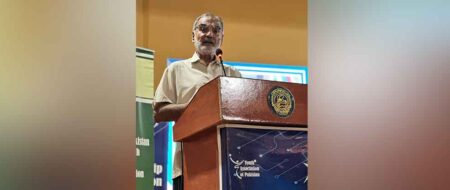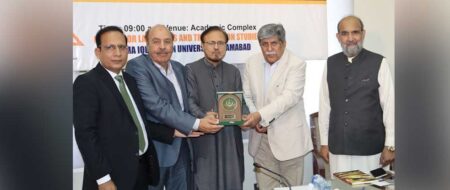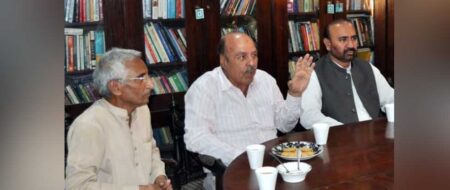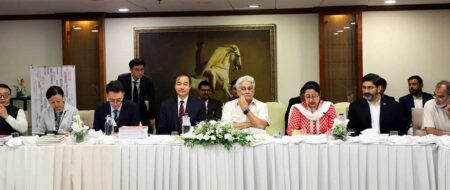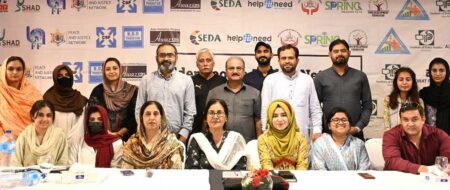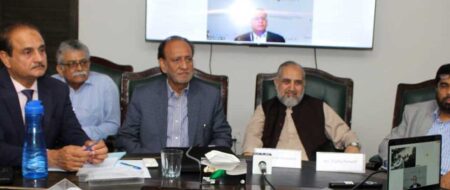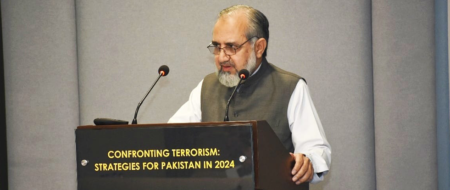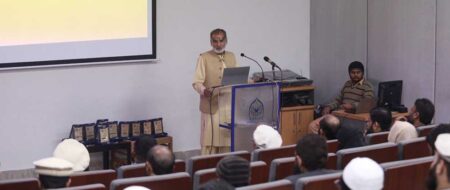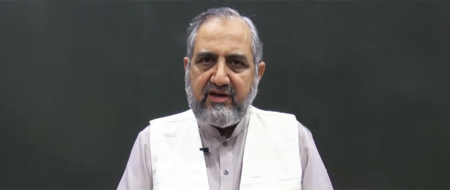Delegation of Academics and Researchers visit IPS
A delegation comprising academics, researchers and scholars visited IPS as part of an exposure trip organized by Da’wah Academy, International Islamic University, Islamabad, on June 6, 2015.
A delegation comprising academics, researchers and scholars visited IPS as part of an exposure trip organized by Da’wah Academy, International Islamic University, Islamabad, on June 6, 2015.
The delegates had an insightful discussion with DG-IPS Khalid Rahman, who along with his core team, deliberated with them upon various matters of national and international significance.
Speaking of the role of not-for-profit, non-government organizations in the modern day polity, DG explained that while the original purpose of NGOs was to assist and support the implementation of government’s schemes, some of them rather started pursuing ‘foreign-funded’ agendas in the name of welfare and social development.
He was however optimistic that not all non-government organizations should be seen as the black sheep, maintaining there were many other institutions whose well-intended contributions had been valuable for the country’s development needs.
Responding to the questions about IPS’ vision and achievements, DG said that the Institute’s philosophical foundations were based on the reference points of Islam and Pakistan, and over the last thirty-six years, it had made numerous contributions to the country’s policy arenas in form of policy briefs, research and advocacy papers, publications, etc.
He also presented the examples of few recent IPS generated discourses which were not only recognized by the government, but also prompted them to take the Institute on board for consultation.
The discussion also touched upon a few recent developments in the South Asian region when the Institute’s lead coordinator Irfan Shahzad, while responding to a question, explained that while China was the main beneficiary of China-Pakistan Economic Corridor, the project’s utility for Pakistan must also not be underestimated. The project, according to him, would not only launch numerous development initiatives all across the country, but will also establish Gwadar as a significant trading port, a boost that was much needed especially following the emergence of Iran’s Chabahar port.


